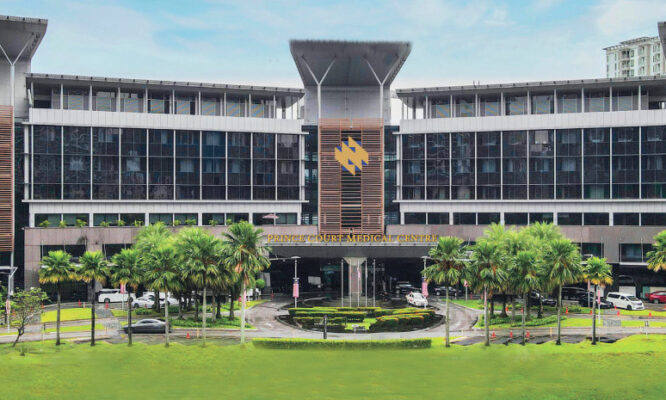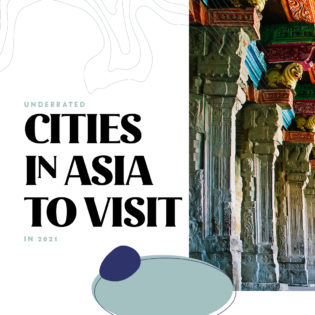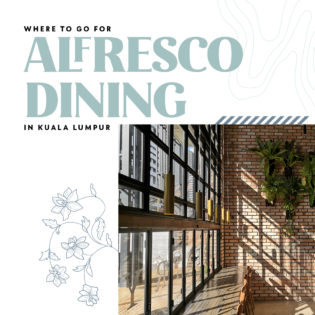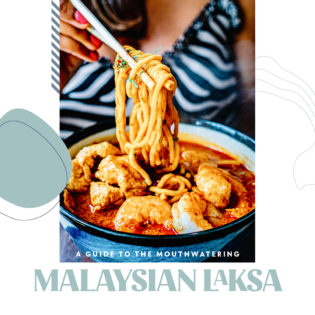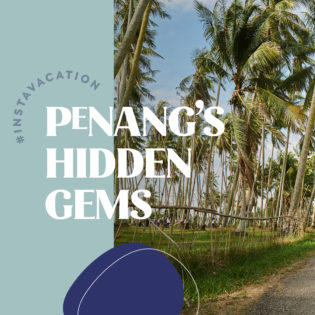From farm basket to fashion hit.
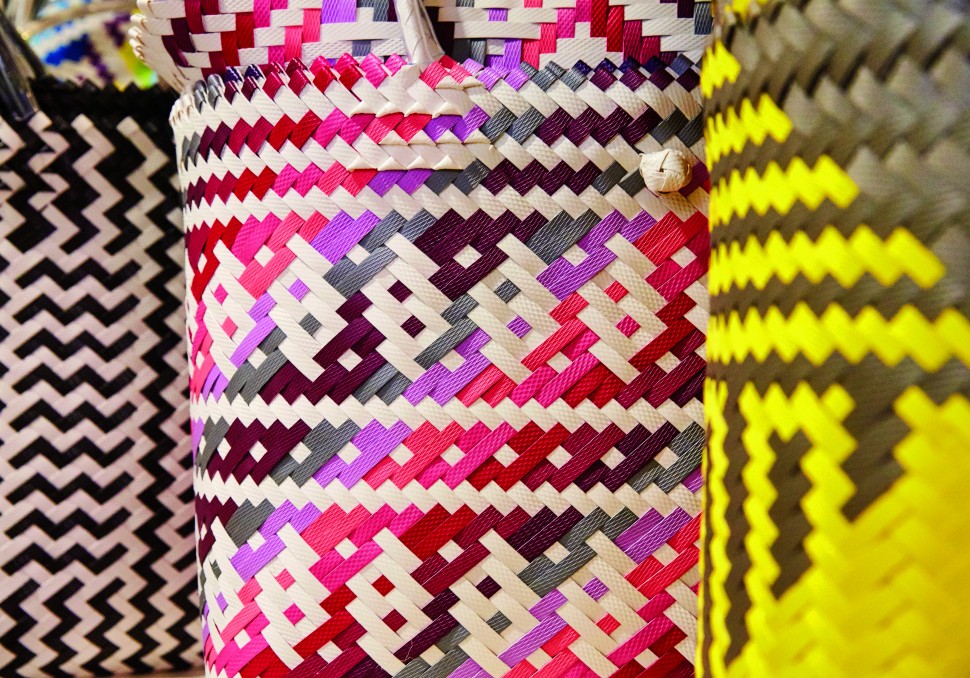
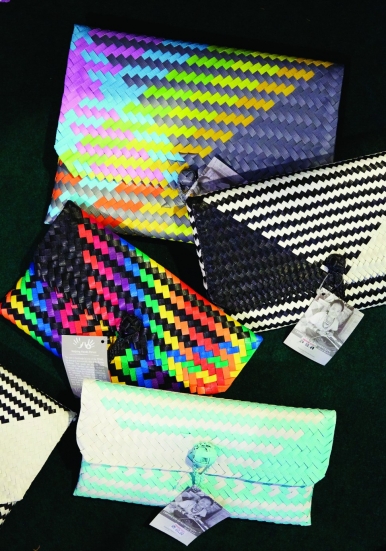
If one isn’t planning to shop for a Penan bag, it would be best to stand to one side when the sales begin, for eager customers will make a beeline for their picks with a steely determination.
The rainbow array of bags is irresistible, and many people end up walking away with half a dozen bags or more, dangling on their arms. These cheerful bags, made of plastic packing straps, have become an unexpected big city fashion hit.
The bags are woven by women from the indigenous communities of Malaysia’s eastern Sarawak state, primarily the Penan community, which was once nomadic but has mostly settled in villages in remote areas. Living far from town, they are often economically marginalised, and their lives are made more difficult by the loss of forest resources.
The community is known for its expert weaving skills with rattan. But as these jungle vines become increasingly scarce, some have begun to make farm baskets from plastic packing straps sold in hardware stores normally used for tying boxes for transportation. The plastic straps have the advantage of being durable, and the bonus of being colourful.
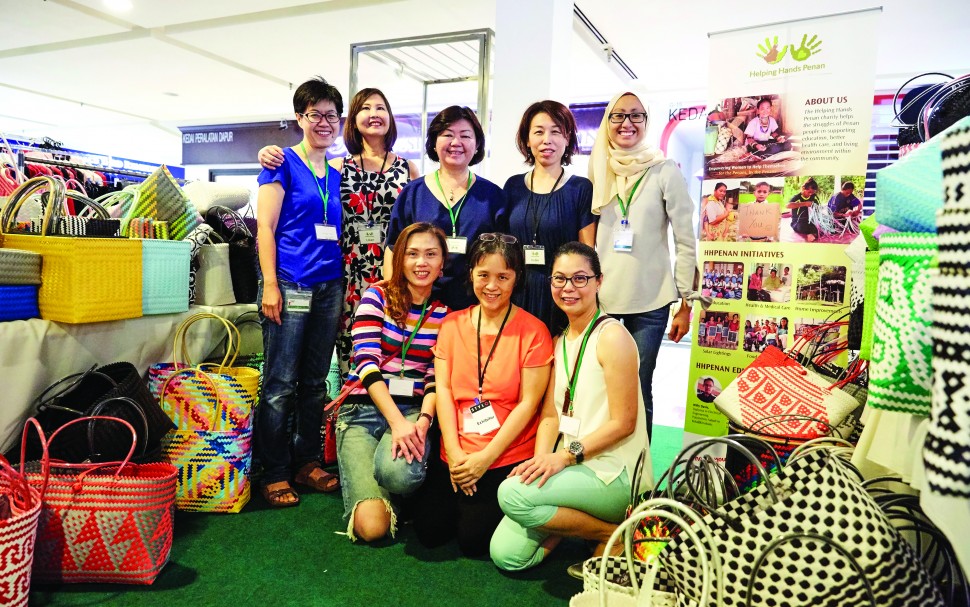
Their earliest carriers, made for farm and domestic use, would not have passed muster with the fashionistas. But one organisation spotted the potential almost 10 years ago. Based in Brunei and Miri, Helping Hands Penan is a registered non-profit non-governmental organisation with a fluid membership of around 30 Malaysian and expatriate volunteers.
Like many ventures, it began with a casual conversation. That led to a mission to assist indigenous families, who had to travel far from their villages to town to care for ailing relatives in the hospital. Helping Hands Penan director Violette Tan said they initially sought to help these families by selling their rattan crafts for income but the supply could not keep pace with the demand.
They then spied an opportunity with bulky baskets made from plastic packing straps. The Helping Hands Penan women worked with the Penan rattan weavers to redesign these squat baskets into sleek bags with shoulder straps, suited for contemporary urban use. They suggested sizes and shapes suitable for children and adults, and offered ideas on household items used in the cities such as placemats or cutlery holders.
They also encouraged the weavers to switch from a riot of primary colours to a more contemporary colour palette of pastel hues and mono-colours. On their part, the weavers incorporated their traditional motifs into the bags, thus keeping alive their heritage even as they invent new patterns. “Many of the motifs come from the older weavers skilled in rattan craft,” said Tan.

That was a decade ago. Today, many of the weavers have gained a sense of independence as they learn to manage this venture as a business. They source for their own material, come up with new designs, and some also sell in various markets as independent enterprises.
In the beginning, Helping Hands Penan sold the bags in private sales among the expatriate community. Today, the bags can be found at pop-up fairs around Malaysia, and as far as Europe and Australia, through a network of volunteers and resellers.
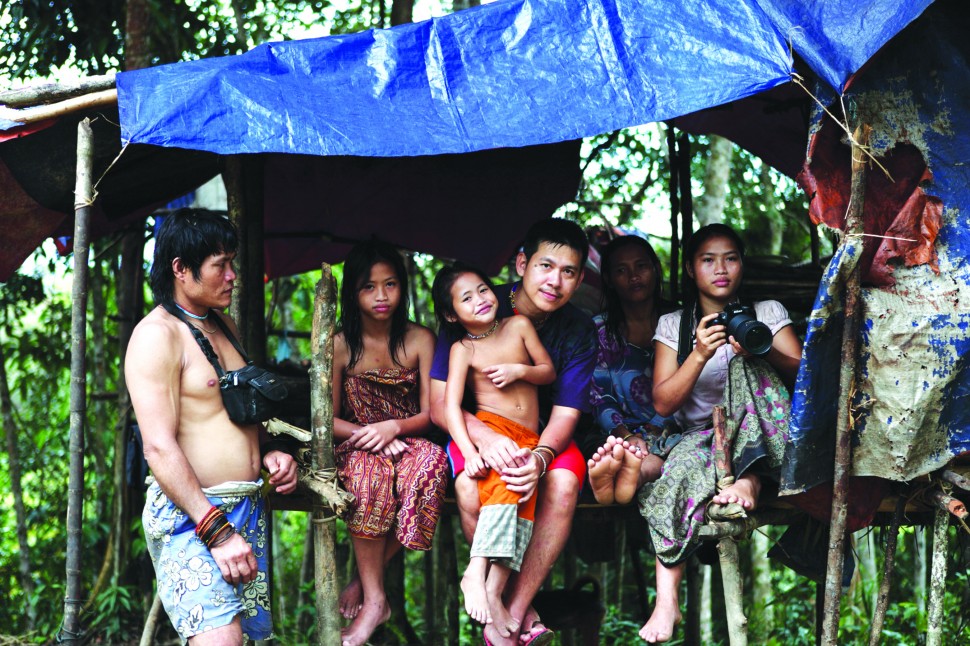
Helping Hands Penan is still run by volunteers, who collect the bags, store, tag and transport them for sale. The sales are manned by volunteers, who also make regular trips to the remote villages. Weavers are paid upfront for their bags at prices that they set themselves. Profits from the sales are returned to their community in the form of education, infrastructure and welfare programmes.
Tan said education is their biggest focus because the children face tremendous challenges in getting to school. It now assists 150 students, from primary to tertiary level, with school supplies, living expenses, transport costs and pocket money, and also helps them to apply for higher education.
Bag sales also help fund basic amenities such as clean water supply and solar lights, health and welfare needs, and in cases of emergencies such as deaths or fires. The most recent project is helping to build a homestay for tourists and visitors, with the hope that this can be a source of income for the community. An upcoming project is a piped water system for a village.
From just a handful of weavers, they now work with over 100 weavers in 20 villages. “We work with the Penan community because we found that life has been very challenging for some of them,” said Tan. “Our volunteers feel we need to give in any way we can because we have so much more than we need.”
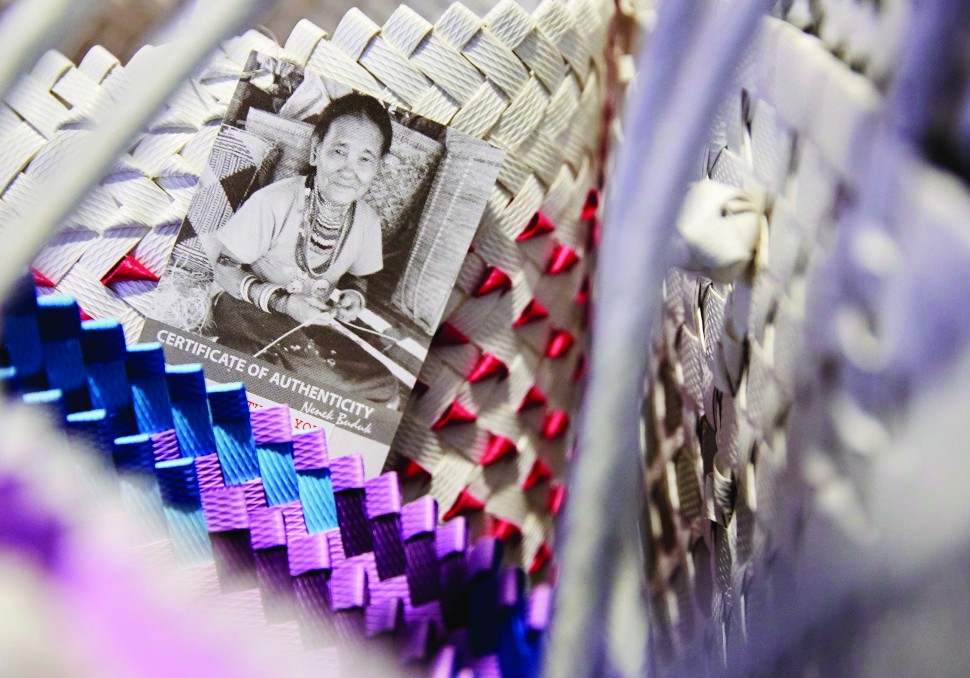
Amidst the women volunteers, Tan Wei Kheng, who is also a director of Helping Hands Penan, stands out as the sole male volunteer. As he jokes, he is the one who spends the money that the women volunteers earn from selling the bags. And that is a crucial role.
Tan works behind the scenes to identify the needs of the villagers. He provides the manpower and does the heavy lifting, literally. He transports the children between their village and boarding school in town, sources and distributes the solar lights, and even works with the villagers to install water pipes. He does the groundwork, without which the Helping Hands Penan programmes would be challenging.
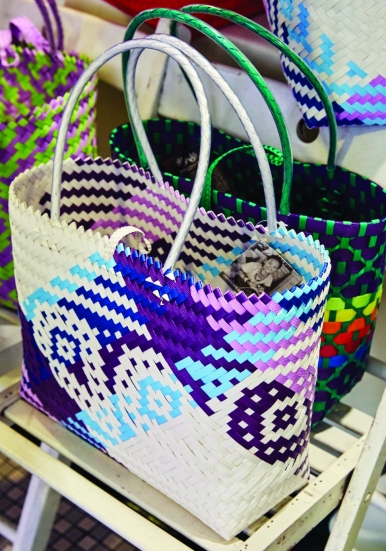
Tan, a portrait artist of breathtaking talent, became part of Helping Hands Penan in 2009 after meeting Violette at his art exhibition in Brunei. He paints exclusively the indigenous community of Sarawak, focusing largely on the Penan as he seeks to discover the stories of his homeland. Through his art, he has become friends with the people of the upper reaches of the Baram river in Sarawak. Like many, he was moved by the need that he saw.
Tan works with different groups to assist the community, and Helping Hands Penan is one of them. To Tan, it was a way of fulfilling his obligations to the communities who had generously given him their time and agreed to be a part of his art. “When I visited them, I saw a high level of poverty and a low level of education. But things are changing as some now have jobs, and have bought motorbikes and cars,” said Tan.
It means that more people are now able to send their children to school. Many of these changes have come about from greater economic and job opportunities. Helping Hands Penan seeks to encourage and support them through additional financial help. “The Helping Hands Penan ladies are very dedicated!” said Tan.
Who would have thought that a simple tote bag, made from material found in a hardware store, could become a fashion hit and change the lives of so many!

